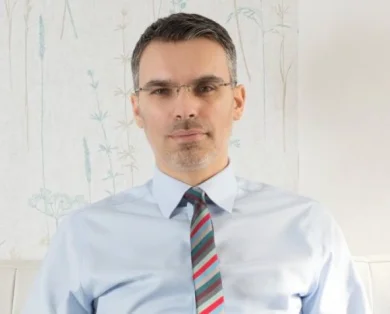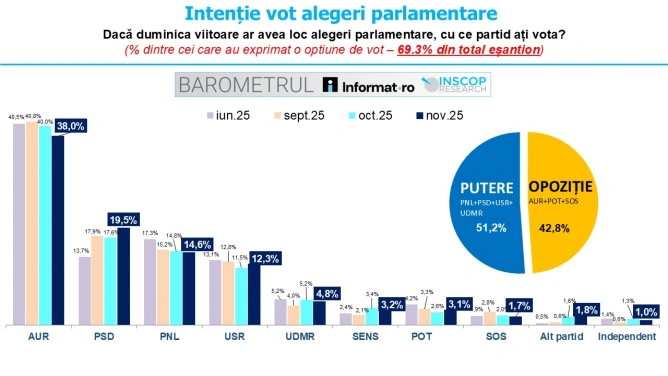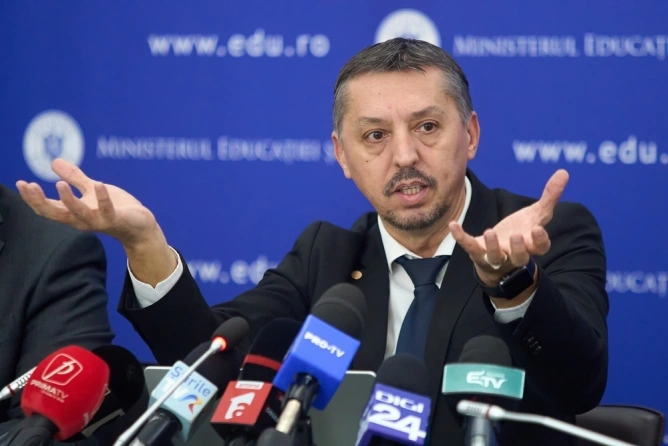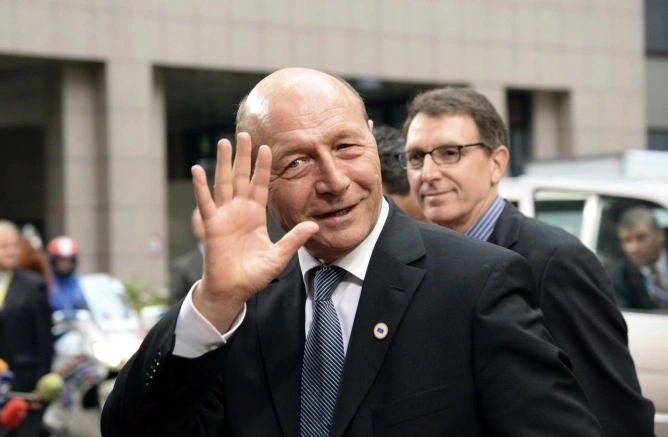
A critical reading of the socio-demographic profiles in INSCOP Barometer - Informat.ro of June 2025 on public spending, chapter proposed by FSP-SNSPA.
The budget is not just a table, but a map of collective hopes and frustrations.
When citizens are asked how the public budget should be allocated, they answer not as economists, but as members of communities marked by selective experiences, systemic distrust and conflictual social memory. The results of the INFORMAT.ro - INSCOP Barometer of June 2025, which maps the population's preferences regarding the allocation of public spending, provide a deceptively coherent picture: education, health and agriculture are the preferred areas for investment, while foreign policy, social assistance and public order appear as areas symbolically sacrificed.
But behind these apparent consensuses, a much more tense geography emerges: an axiologically fragmented society in which solidarity is negotiable and budgetary priorities reflect a compensation for mistrust, not a coherent development model.This text proposes a critical socio-political reading of the poll, exploring:
- the contradictions between redistributive perceptions and the social imaginary of institutional performance;
- the role of education as a "metaphysical budget" of hope for the future;
- and the ideological fissures running through the electorate, masked by majority scores.
1.Illusory priorities and conditional solidarities
The June 2025 poll seems, on a first reading, to indicate a society with clear priorities and a "rational" hierarchy of public investment areas in which education is in first place with 82.6%, followed by health with 74.7% and agriculture 74.1%. These almost plebiscite-like figures could be interpreted as signs of civic maturity. But a careful analysis of socio-demographic profiles and internal contradictions suggests, in fact, a society that demands more state, but shows a growing distrust in the redistributive capacity of the state.
Hence the false convergence indicated by the data in this poll, for when almost everyone is asking for "more", no one has confidence in the way and logic of budget allocation. For example, the majority of support for increased spending on education comes from people with higher education, residents of big cities and public sector employees, i.e. exactly the categories most exposed to the dysfunctional reality of the education system. So the budget increase signals not a coherent national vision, but a demand for repair and protection coming from those who feel they understand the state of education best.
The same logic is also visible in perceptions of health, where over 60s, PNL voters and Bucharest residents are calling for increased budget allocations. This is not a conception of universal public welfare, but a defensive expression of vulnerability. The poll does not just measure budgetary choices, but indicates a true collective psychology of survival in the face of a precarious state.
<At the same time, social welfare reveals the success of three decades of exposure to neoliberal narratives about the relationship between the market economy freed from social constraints and the causes of poverty. This is the area that suffers the most rejection, with a quarter of those surveyed, 25.4%, calling for cuts in the welfare budget and only 44.8% wanting to increase it. This divide indicates a deep erosion of public trust in institutionally mediated solidarity. Although Romania has a high degree of poverty and inequality, public perceptions are dominated by narratives of abuse, parasitism and clientelism. This is the symptom of a society that has internalized a truncated ideology of merit, where only some categories are perceived as "worthy" of protection while others are excluded from the moral community.Remus Ștefureac pertinently observes in the INSCOP communiqué that "the tension between theoretical support for social assistance and openness to cuts in this area points to a crisis of confidence in the effectiveness of redistribution". This crisis is not just a technical but a normative one, reflecting the erosion of the so-called social pact in favor of a "moral minimalism" in which everyone is left to fend for themselves.
2.Education as a metaphysical budget: hope, merit and the illusion of social mobility
Returning to education, when 82.6% of Romanians say they want more money for education, they do not express a pedagogical consensus or a systemic vision. It expresses a collective desire to get out of the impasse, a symbolic projection of social salvation in the absence of other credible horizons. Education functions here as a metaphysical budget, as a substitute for the lack of confidence in redistribution, justice or market performance.
The paradox is that it is precisely those who have been, to some extent, integrated through education (the highly educated, the urban, the large urban) who are the most vocal in their demand for increased budgeting. While disadvantaged groups, who would directly benefit from a more equitable education system, are more reserved or absent from the area of demands. Education is no longer perceived as a means of social balance, but as an instrument of symbolic differentiation, a form of moral capital that legitimizes existing inequalities.
This dynamic is profoundly shaped by a distorted version of meritocracy, in which merit is assumed, not constructed, and in which public investment in education is desired insofar as it validates an already internalized hierarchy.
Although the survey does not directly assess confidence in social mobility, the responses on education indirectly reflect it. In a society where trust in other institutions is low, education remains the only area where hope can anchor. But it is a melancholy hope, almost divorced from reality - a nostalgia for a social contract that was never fulfilled.
So "more money for education" does not, in public perception, mean curriculum reform, investment in teacher training or rural infrastructure. It means, rather, a diffuse demand for the restoration of meaning, a form of symbolic compensation in the face of the collapse of other institutional landmarks.
3.Order and fear: when budget becomes symbolic defense
If education is the projection of hope, public order is the expression of fear. Nearly 44% of Romanians ask for an increase in the public order budget, while 15.9% would prefer a decrease. Against this backdrop, a symbolic geography of insecurity is articulated, especially urban and female, which transforms investments in the police and gendarmerie into a ritual of collective appeasement.
The paradox is that public order is not a popular domain in civic discourse, but rather tolerated as a necessary evil. There are no major campaigns for "more effective policing" or "a better-funded prison system" in the public debate. Yet the perception of social risks - whether migration, crime, protests or urban chaos - activates a conservative reflex that translates into budgetary support.
Most especially among PSD voters and in Bucharest, order is valorized as a symbolic barrier against social disorder. It is a budget of imaginary prevention, designed not so much to solve real problems as to give the illusion of a controllable society.
Who wants more order? Who doesn't?
A categorical analysis shows that women and seniors are more likely to support an increase in the law and order budget, and this reflects not an authoritarian ideology but a perceived vulnerability.
On the other hand, young people, TikTok users and USR/AUR voters are more reticent. They probably see the law enforcement institutions as potentially abusive, a form of control or preserving the status quo. Thus, the poll configures a silent fracture between generations and the imaginary of authority, which can become political in contexts of crisis.
4.Sacrificed budgets: social assistance and foreign policy under delegitimization
At a time when the cost-of-living crisis, migration and the fragility of support networks are omnipresent, the survey shows a deep social ambivalence towards solidarity: a quarter of Romanians are calling for cuts in social assistance, while only 44.8% support increasing it. In a country with high levels of child poverty and exclusion, this reflex is symptomatic of the collapse of the redistributive consensus.
Behind this preference is not economic austerity, but moral hostility towards certain categories perceived as "illegitimate": Roma, the chronically assisted, migrants, pensioners considered "too numerous" or stigmatized single mothers. We are dealing with a moralization of the budget, so that it is not efficiency but symbolic "cleanliness" that is required. Social assistance thus becomes an area of suspicion, where every penny spent has to be publicly justified more than an infrastructure contract.
5.Foreign policy: a perceived luxury
Even worse is the situation for foreign policy, where only 31.4% are calling for increases and 24% for cuts. This may seem a natural figure in a society marked by domestic deprivation, but it becomes problematic when the geopolitical context is taken into account: border wars, key European negotiations, regional crises.
Not coincidentally, support for diplomacy comes from the under-30s, the highly educated and USR and PNL voters, i.e. precisely those groups that think of Romania in global terms, connected to alliances, migration, the European future. The others - the majority - seem to see foreign policy as a useless appendix to an administration that is absent in any case. The foreign policy budget thus becomes the symbol of an elite that speaks foreign languages but doesn't mend sidewalks.
6.Conclusions: between the desired state and the tolerated state
The June 2025 INSCOP barometer does not only show us what Romanians think about budgets. It shows us what is left of the idea of a social contract in a society tired of promises, axiologically polarized and functionally fragmented.
On the face of it, we have a society demanding more state: more education, health, infrastructure, even culture. In reality, we have a society that wants a selective state, a protective state only for those deemed "worthy" of protection. Social welfare and foreign policy are the first victims of this vision. They are not just symbolically underfunded, but morally delegitimized in the name of a dysfunctional meritocracy and pragmatic nationalism.
Budget spending thus becomes an act of public judgment: who deserves it, who doesn't? Who is perceived as useful, productive, close? Who remains outside the perimeter of collective compassion?
A society caught between two opposing logics can be glimpsed behind the percentage scores:
- one based on universalistic social solidarity (still an abstract ideal),
- and that of a simplistic, quasi-tribal utilitarianism, which imposes budgetary conditioning or elimination of those perceived as 'extra'."
This tension between the desired state (reparative, protective, efficient) and the real state (clientelistic, overseeing) generates a crisis of the political imagination: Romanians ask for "more" without really believing that they will get it. And, perhaps worse, without believing that everyone should get it.
Post-script: What do we do with this data?
For a policymaker or government strategist, this survey data is only useful if critically interpreted. We cannot build policy on illusions of consensus. What looks like a list of priorities is, in reality, a map of social dissonances and latent conflicts of legitimacy.
The real question is not "where do we want to increase the budget?", but "who else are we willing to include in the redistributive community?". Until we answer that question, all budgets will remain imaginary.Cristian Pîrvulescu
About the data analyzed
The source of these reflections of the chapter on the perception of budget allocations was the INFORMAT.ro - INSCOP Research Barometer conducted between June 20-26, 2025 on a nationally representative sample of 1150 respondents, using the CATI method, with an error ±2.9%. The objective of this chapter proposed by FSP-SNSPA was to assess the public perception on the public budget allocation priorities in 12 strategic areas.
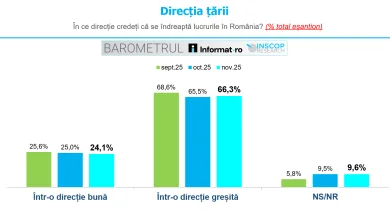
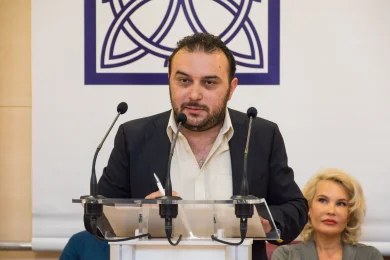
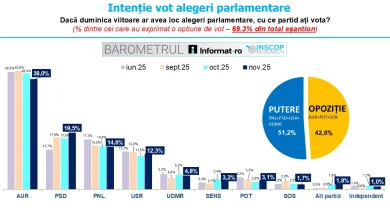
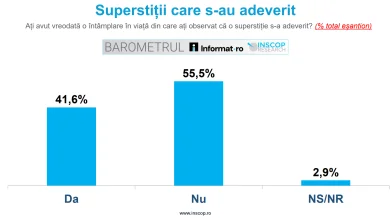
.webp)
